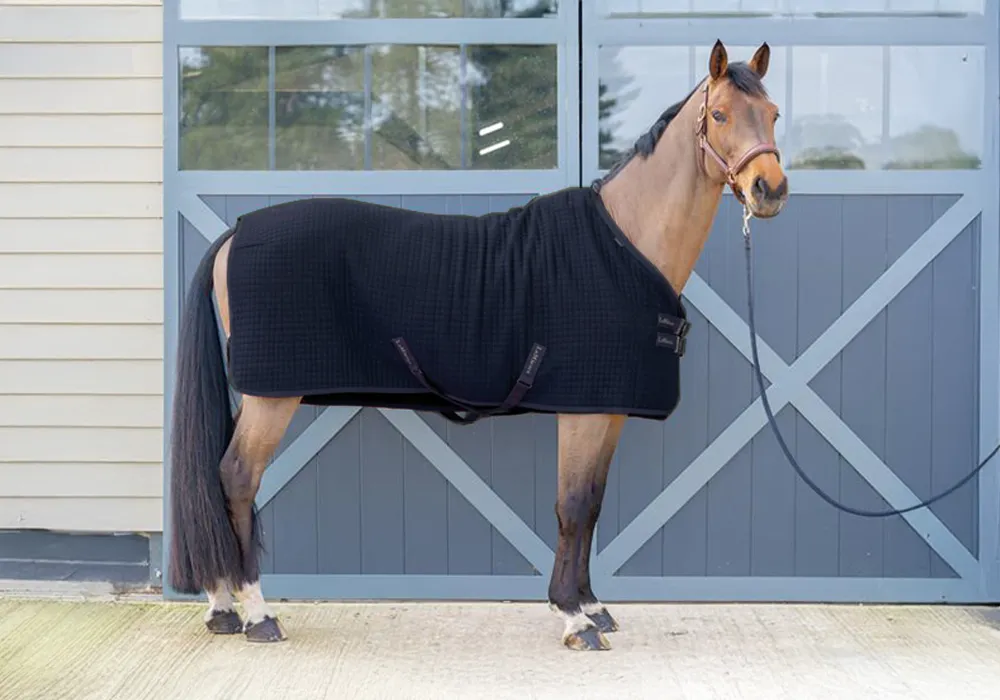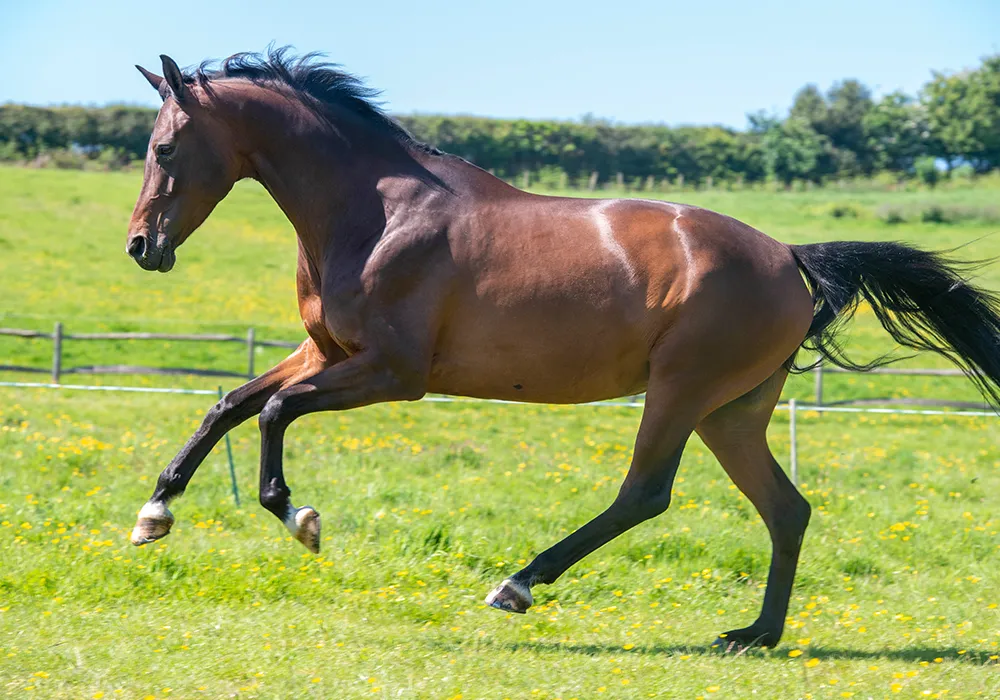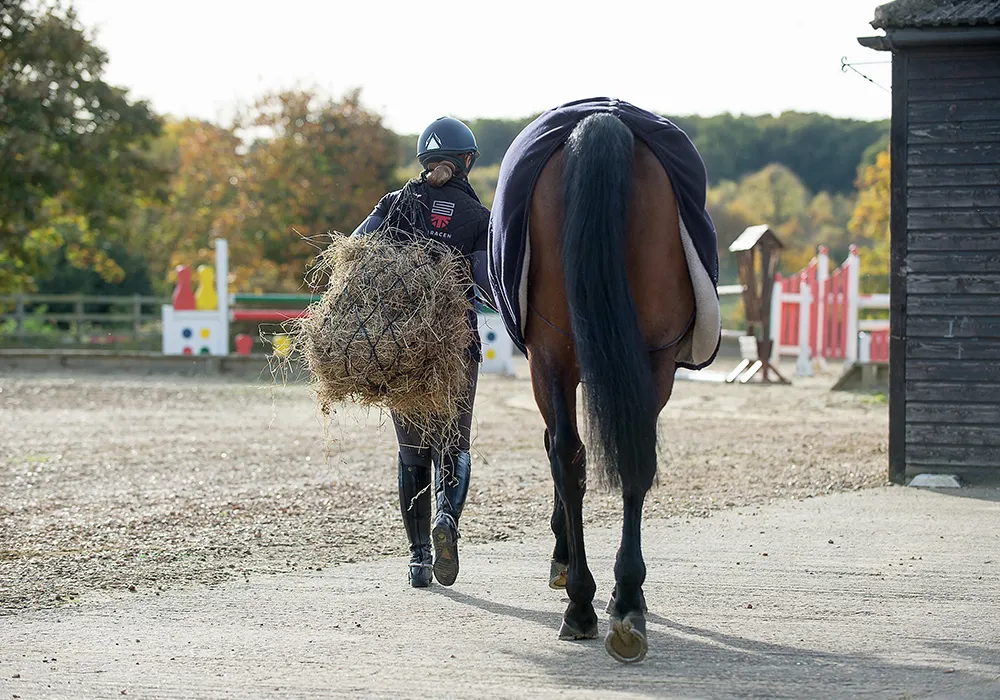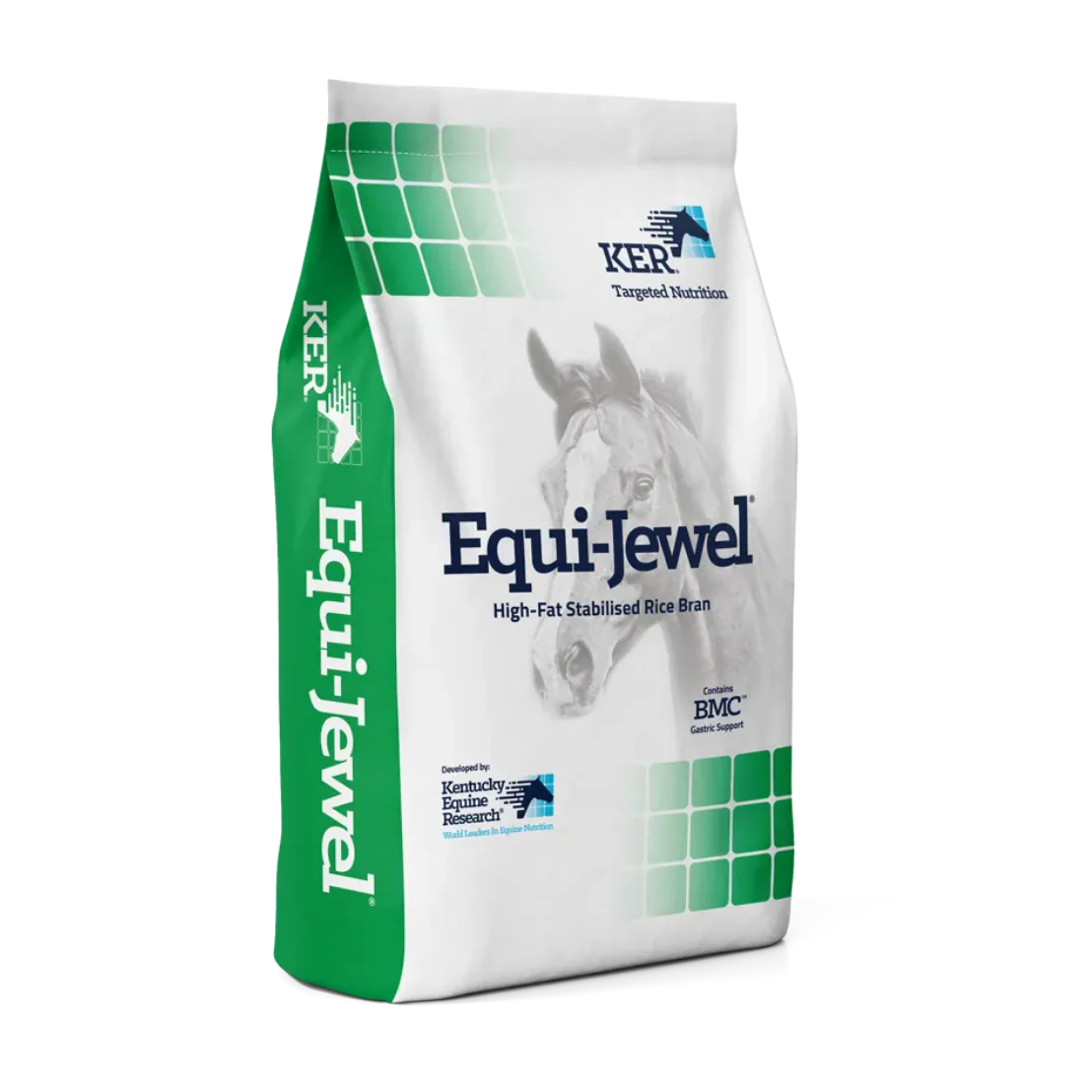Articles, case studies & advice
Expert tips and insights to keep your horse healthy, happy, and well-fed.
Articles
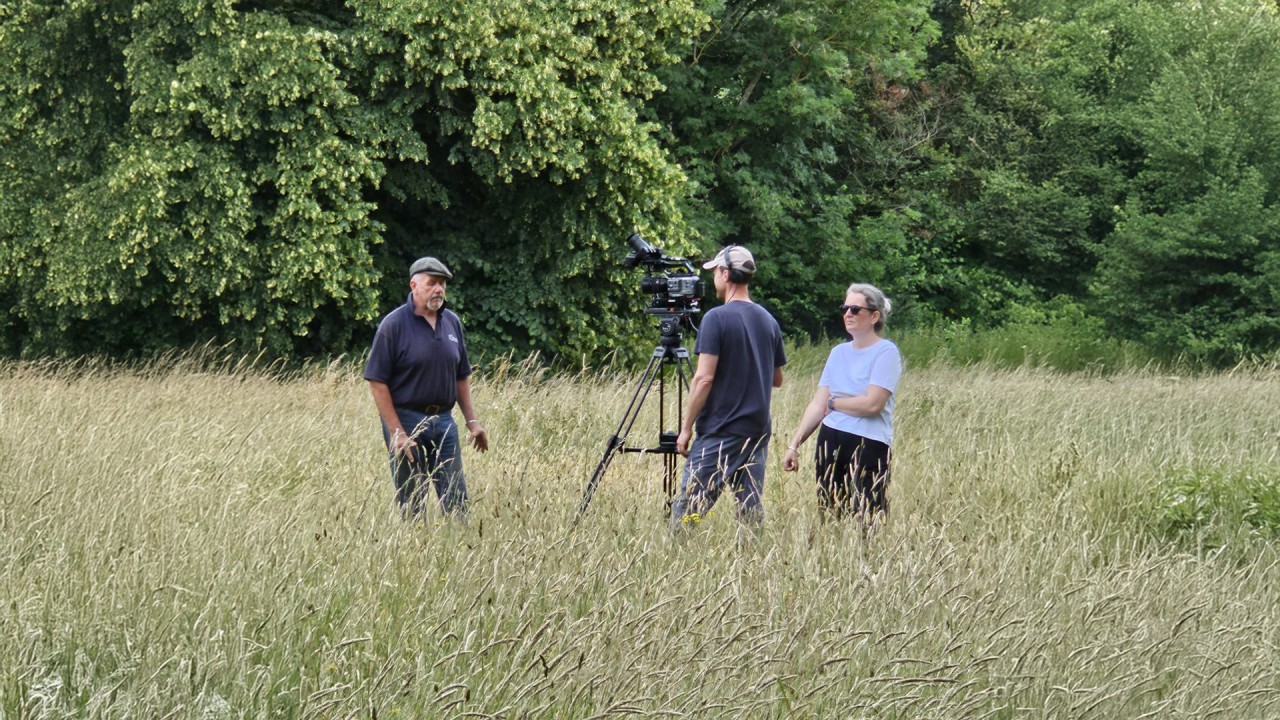
Why Horses Could Hold the Key to the Future of Land
At Saracen we believe that horses are part of the environmental solution. Grasslands – when properly managed – are powerful carbon sinks.
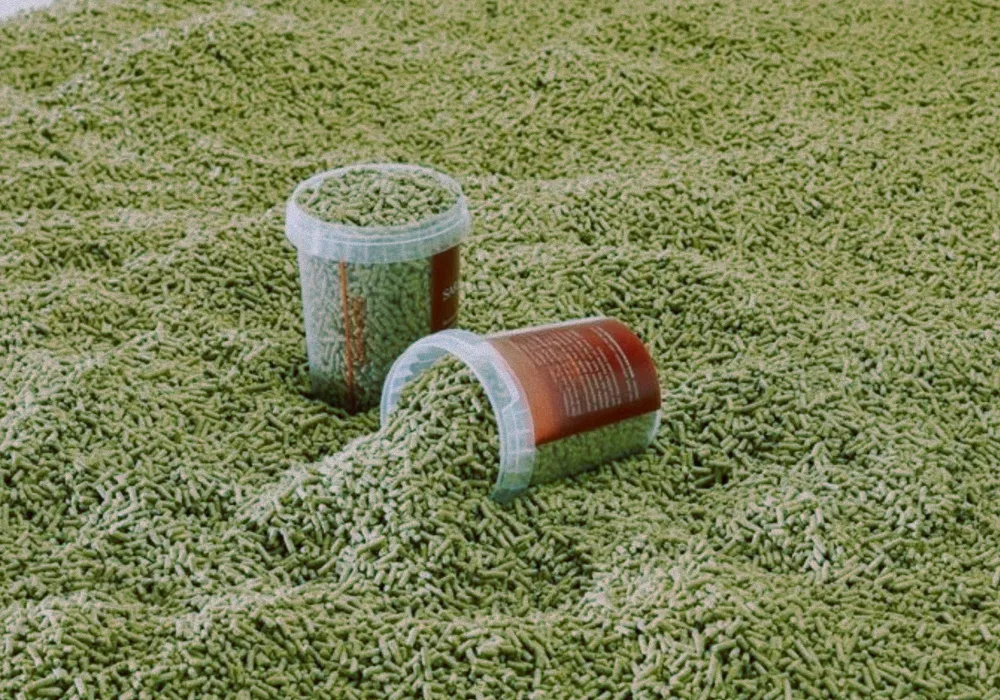
Weight Management: Choose a Low Calorie Diet
Choose a low-calorie, fully fortified balancer to support health and well-being when your horse or pony is on a weight management program.
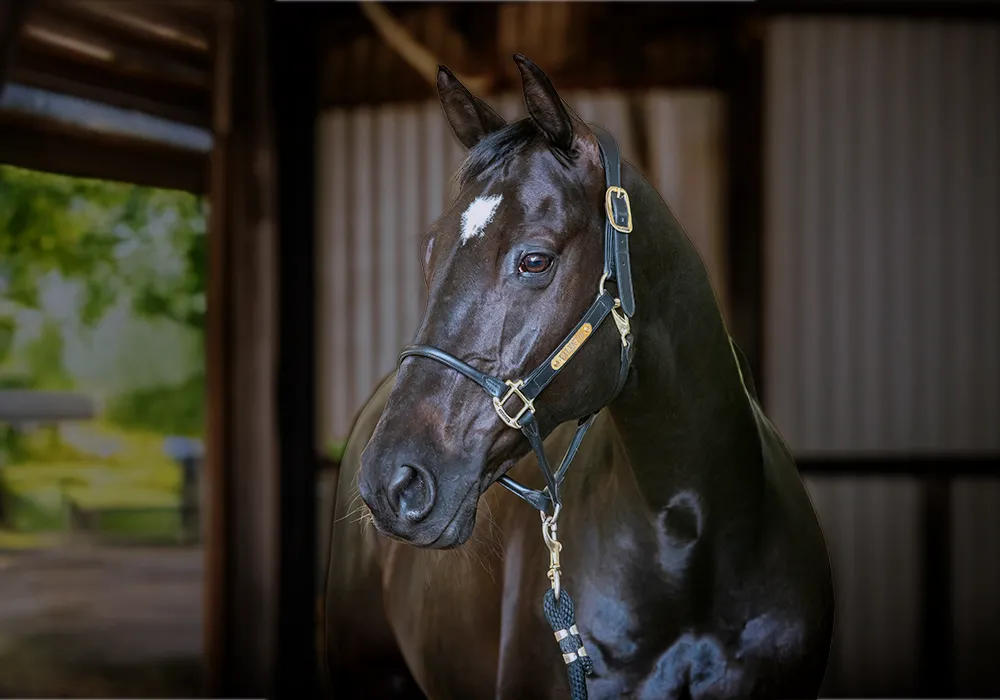
Clinical Sign of Equine Gastric Ulcer Syndrome
The clinical signs of EGUS can vary from horse to horse and can also be a reflection of that individual horse’s temperament.
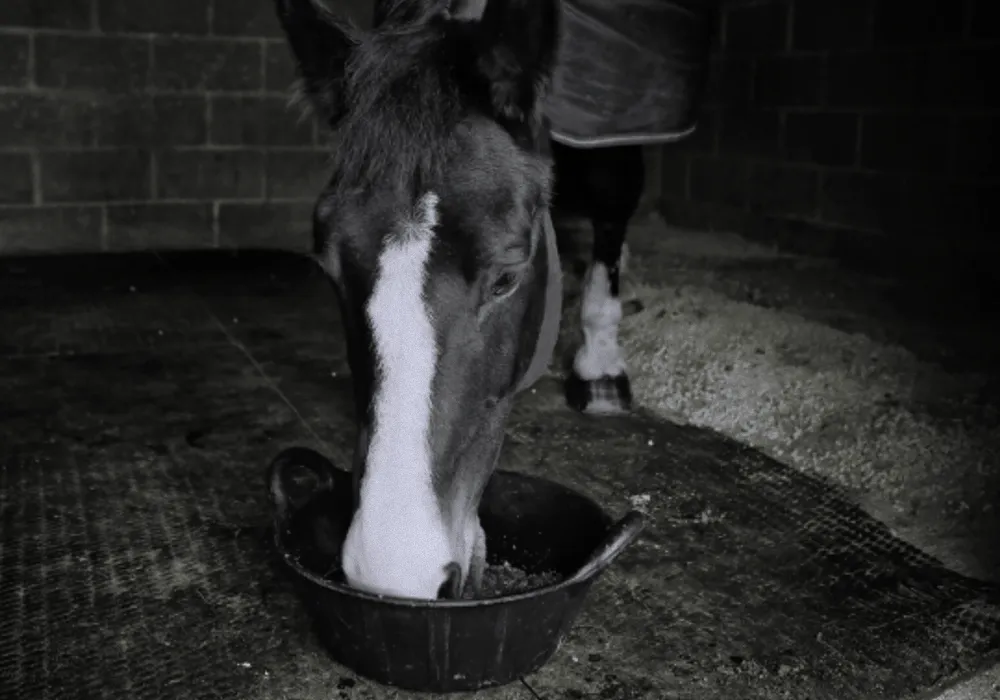
Nutritional Management of Muscle Myopathies
There are some simple dietary adjustments that can put into place to help reduce the risk of tying-up, or other symptoms of muscle myopathies.

A Royal Moment for Saracen
A few weeks ago at the height of Summer, our very own Lizzie Drury represented Saracen Horse Feeds at Windsor Castle to mark a milestone we’re incredibly proud of, receiving the King’s Award for Enterprise in International Trade.
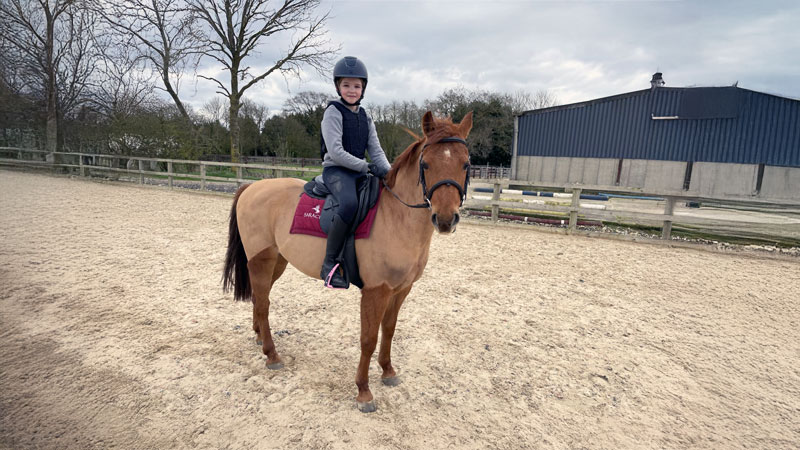
Managing the EMS Pony
Senior Nutritionist, Lizzie Drury, explains what to look out for when managing horses and ponies with equine metabolic syndrome (EMS), based on her own management techniques with her pony Rita, whose body shape illustrates very well where fat pad areas and higher risk areas are.
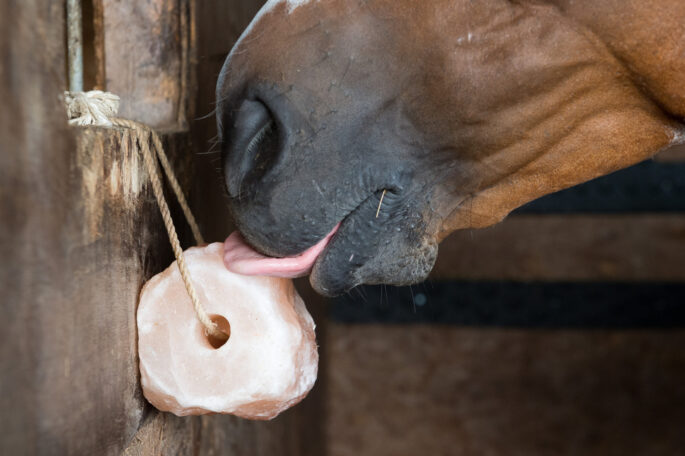
Electrolyte Loss and Rehydration Strategies
During intense exercise, horses can lose up to 12 litres of sweat per hour, approximately 4% of their total body water.

Feeding Horses for Energy: Instant Energy vs. Stamina Explained
Learn how to feed your horse for more energy. Discover the best feeds for instant energy, stamina, and endurance, plus tips for good-doers and performance horses.

Managing the Poor Doer Horses
By focusing on high-quality forage, and choosing a suitable conditioning feed, you can help your poor doer stay at an optimal condition, year-round
